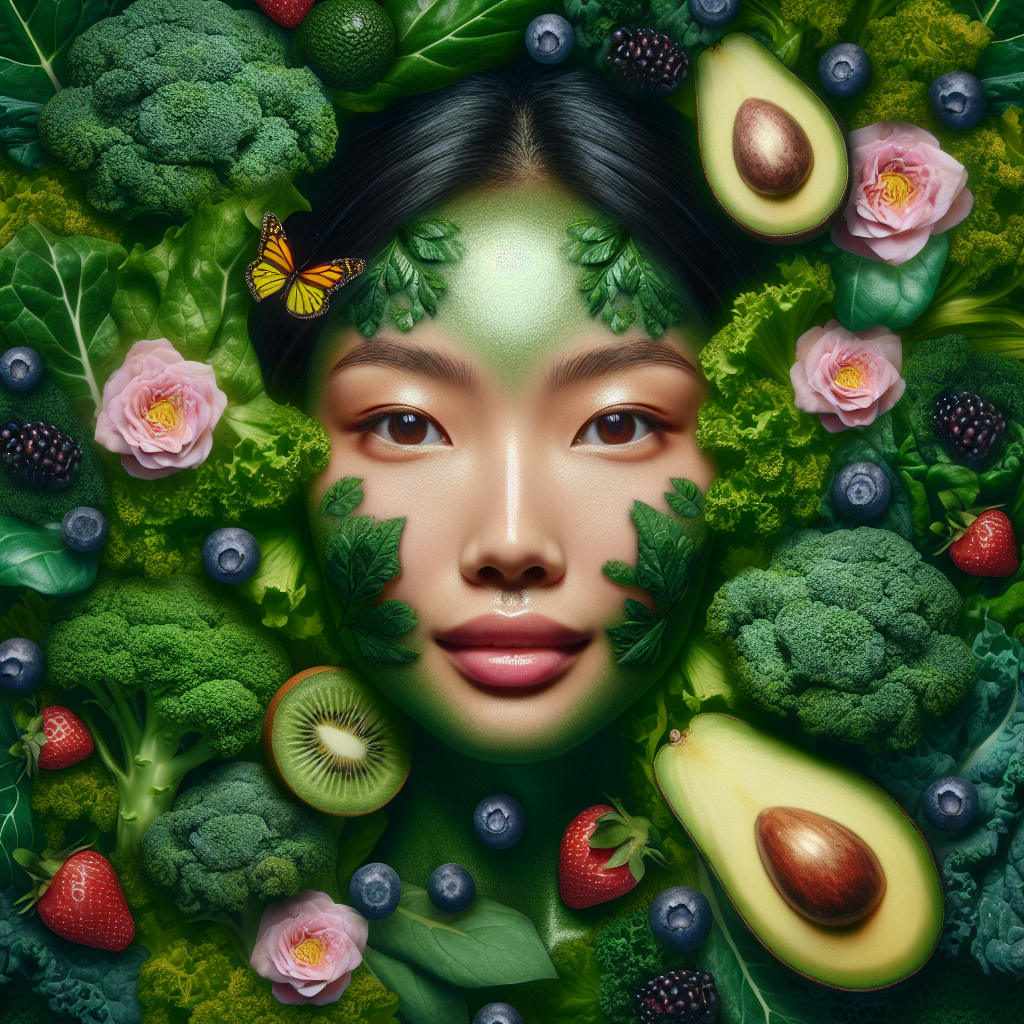How to Cure Acne: The Benefits of a Plant-Based Diet
Acne is a common skin condition that affects millions of people worldwide. While there are numerous treatments available, many individuals are turning to dietary changes as a natural way to combat breakouts. One increasingly popular approach is adopting a plant-based diet. In this blog post, we’ll explore how a plant-based diet can help clear up acne and provide you with practical tips to get started.
Table of Contents
1. Introduction
2. Understanding Acne
3. The Role of Diet in Acne Development
4. Benefits of a Plant-Based Diet for Acne
5. Foods to Include for Clear Skin
6. Foods to Avoid
7. Getting Started on a Plant-Based Diet
8. Conclusion
9. FAQs
Understanding Acne
Before diving into dietary solutions, it’s essential to understand what causes acne. Acne occurs when hair follicles become clogged with oil and dead skin cells, leading to inflammation, pimples, and sometimes cysts. Factors such as hormones, genetics, stress, and diet can contribute to its development. While topical treatments can help, addressing the underlying causes—especially diet—can offer long-lasting results.
The Role of Diet in Acne Development
Recent studies suggest that diet plays a significant role in the development and severity of acne. High-glycemic foods, dairy, and processed foods have been linked to increased acne breakouts. These foods can spike blood sugar levels, leading to increased insulin, which can boost oil production and inflammation in the skin.
Benefits of a Plant-Based Diet for Acne 🌿
Switching to a plant-based diet can have multiple benefits for acne sufferers. Here’s why:
1. Reduces Inflammation: Plant-based diets are rich in anti-inflammatory foods such as fruits, vegetables, nuts, and seeds. These foods help reduce inflammation and calm irritated skin.
2. Balances Hormones: Many plant-based foods contain phytoestrogens, which help balance hormones naturally. Hormonal imbalances are a common trigger for acne.
3. Lowers Insulin Levels: Whole grains, legumes, and non-starchy vegetables have a low glycemic index, which helps stabilize blood sugar and insulin levels, reducing oil production.
4. Detoxifies the Body: A diet high in fiber helps eliminate toxins from the body, which can lead to clearer skin.
Foods to Include for Clear Skin 🍎
Incorporate the following foods into your diet to promote clear skin:
1. Leafy Greens: Spinach, kale, and arugula are packed with antioxidants that fight free radicals.
2. Berries: Blueberries, strawberries, and raspberries are rich in vitamins A and C, which can help reduce acne scars.
3. Nuts and Seeds: Almonds, walnuts, chia seeds, and flaxseeds provide essential fatty acids that hydrate the skin.
4. Whole Grains: Quinoa, brown rice, and oats are great sources of fiber and keep insulin levels in check.
Foods to Avoid 🚫
For clearer skin, it might be beneficial to avoid the following:
1. Dairy Products: Milk and cheese can increase insulin levels and contain hormones that trigger acne.
2. High-Glycemic Foods: White bread, sugary snacks, and sodas spike blood sugar levels, leading to increased oil production.
3. Processed Foods: Foods high in trans fats and refined sugars promote inflammation and can exacerbate acne.
Getting Started on a Plant-Based Diet 🌱
Transitioning to a plant-based diet doesn’t have to be daunting. Start by gradually replacing animal products with plant-based alternatives. Explore new recipes, experiment with different flavors, and remember that balance and variety are key to maintaining a healthy diet. It’s also beneficial to consult with a nutritionist to ensure you’re meeting all your nutritional needs.
Conclusion
While no single treatment works for everyone, adopting a plant-based diet can be a powerful tool in managing acne. By reducing inflammation, balancing hormones, and promoting detoxification, plant-based foods offer a natural and sustainable way to achieve clearer skin. Why not give it a try and see the benefits for yourself?
FAQs 🙋♀️
1. How long does it take to see results on a plant-based diet?
Results vary, but many people start noticing improvements in their skin within a few weeks to a few months.
2. Can I eat plant-based “junk food” and still see improvements?
While plant-based junk foods are better than their animal-based counterparts, they can still be high in sugars and fats. Moderation is key.
3. Do I need to be 100% plant-based to see benefits?
Even reducing animal products and increasing plant-based foods can lead to improvements. It’s about finding a balance that works for you.
4. Should I take supplements on a plant-based diet?
It’s important to ensure you’re getting adequate nutrients like B12, vitamin D, and omega-3s. Consulting a healthcare provider can help determine your needs.
Embarking on a plant-based diet can be a rewarding journey, not just for your skin but for your overall health. 🌟
